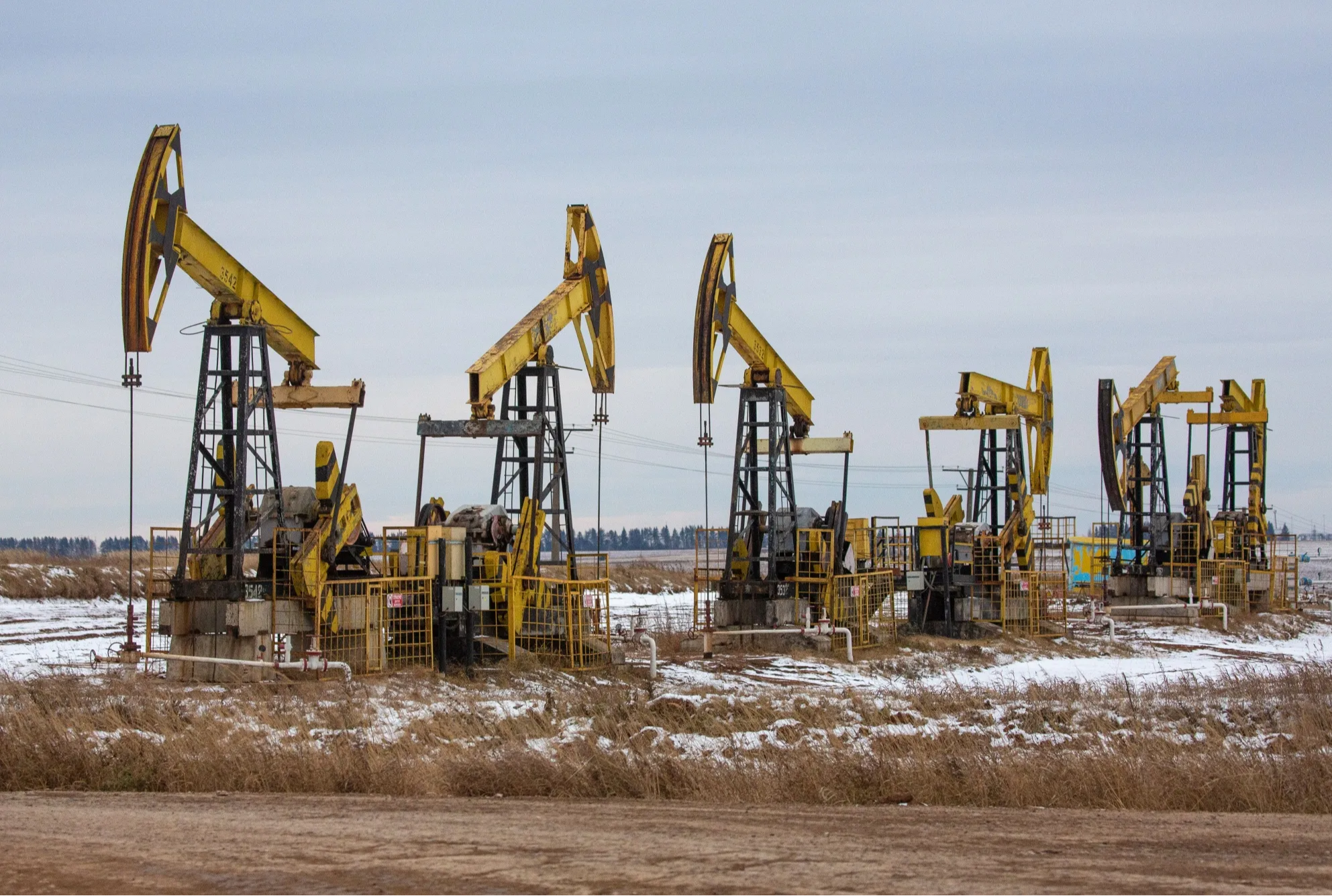
Oil and gas will continue to be the driver of the global economy throughout the 21st century
An exclusive interview with the global energy economist, Dr. Mamdouh Salameh
Conducted by: Pietro Fiocchi, journalist / specialist in international relations and cooperation
In the midst of the world's worst turmoil, we turn our attention to a pivotal issue: the present and future of the energy market.
We discuss this issue with a leading expert on the subject, Dr. Mamdouh Salameh.
Dr. Salameh, is there at the moment and in the near future a long term, realistic alternative to Russian energy supplies to Europe?
There is no alternative whatsoever to Russian energy supplies to Europe whether they are oil, piped gas or LNG. Europe can't depend on US LNG supplies which are 2-4 times more expensive than Russian piped gas and certainly more expensive than Novatek's LNG supplies coming to its via the Northern Sea Route (NSR) cheaper in price and faster in delivery.
Russia's energy supplies (oil, gas and LNG) will remain a cornerstone of global energy supplies and Europe's well into the future.
In fact, I project that the last three produced barrels of oil in the world will come from three regions: the Gulf region, Venezuela's Orinoco Belt and the Russian Arctic with the very last barrel coming from Iraq.
How do you see the future of the global energy market? Will oil maintain a dominant position or will there be a major increase in the production and development of “Green Energy”, in particular hydrogen?
Oil and gas will continue to be the driver of the global economy throughout the 21st century and probably far beyond. The reason is that there is no alternative to them.
Renewable energy (solar and wind energy) is incapable on its own of satisfying global demand for electricity without considerable contributions from gas, coal and nuclear energy.
The reason is their intermittent nature meaning that if the whether is cloudy or the wind is still there can neither be solar electricity nor wind electricity respectively.
Today's technology doesn't yet allow us to store solar and wind energy in summer for use in Winter. Technology may manage something like this in the future but at what price?
First it is virtually impossible to store enough energy to satisfy global demand and secondly it will be extraordinarily beyond the ability of the global economy to bear. It will wreak havoc on the global economy leading to its collapse.
Hydrogen, whatever way it is produced, is a waste of time and expensive. It is far cheaper to cut out the cycle of producing it from gas and use gas straight instead along with carbon-catching technology to reduce emissions.
Pietro Fiocchi, journalist / specialist in international relations and cooperation
*** Dr. Mamdouh G. Salameh is an international oil economist, a consultant to the World Bank in Washington DC and a technical expert of the United Nations Industrial Development Organization (UNIDO) in Vienna. Dr. Salameh is Director of the Oil Market Consultancy Service in the UK and a member of both the International Institute for Strategic Studies (IISS) in London and the Royal Institute of International Affairs. He is also a member of the Energy Institute in London.

